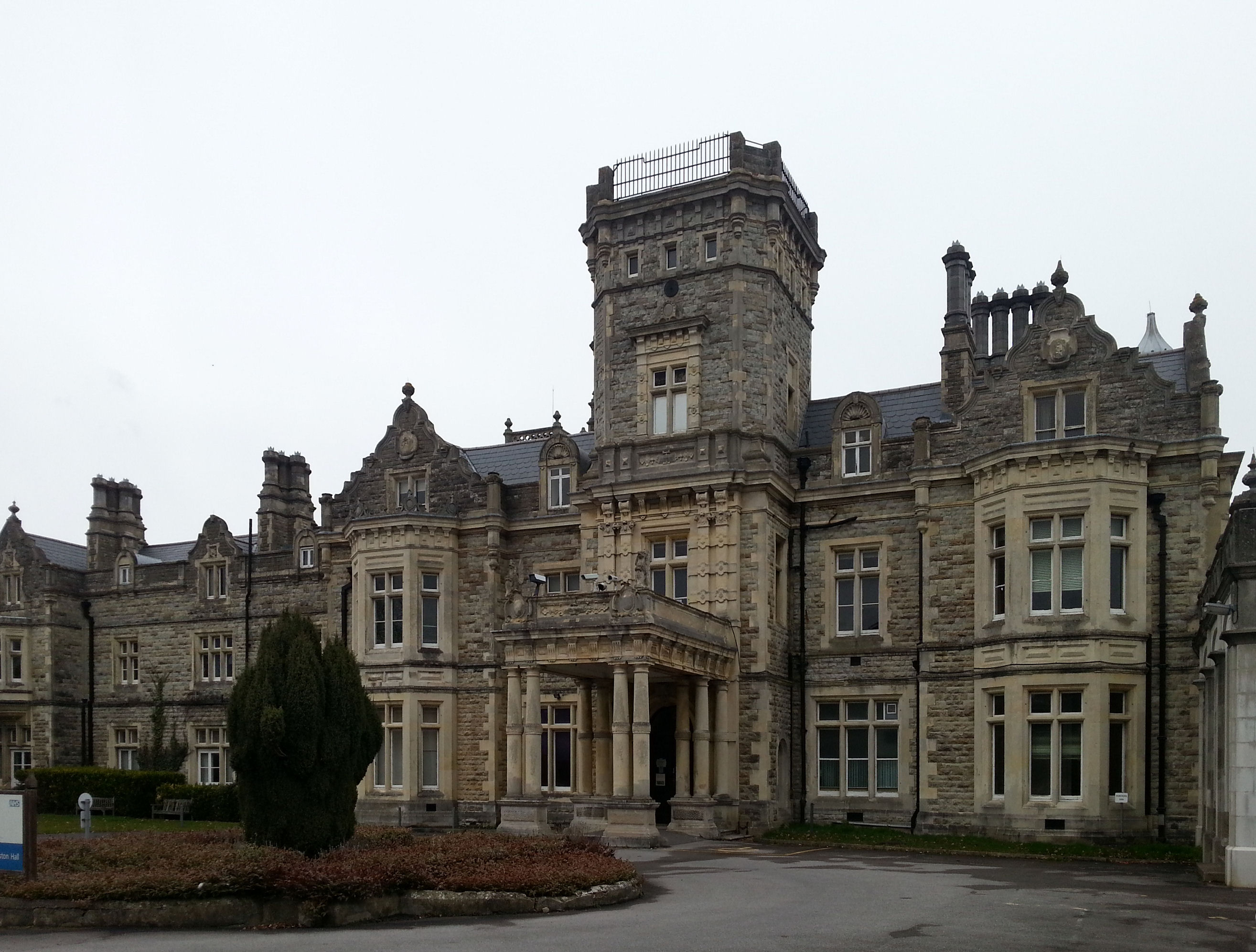Sir Thomas Culpeper, 3rd Baronet on:
[Wikipedia]
[Google]
[Amazon]
Sir Thomas Culpeper, 3rd Baronet, also known as Colepeper, (c. 1656 – 18 May 1723) of Preston Hall, Aylesford, Kent was an English landowner and Whig politician who sat in the English and British House of Commons between 1705 and 1723.
 Culpeper was the son of Sir Richard Culpeper, 2nd Baronet of Preston Hall, and his wife Margaret Reynolds. He inherited the
Culpeper was the son of Sir Richard Culpeper, 2nd Baronet of Preston Hall, and his wife Margaret Reynolds. He inherited the Culpeper Archives - Oxford Alumni
/ref> He took as his mistress Lady Elizabeth Wythens, the wife of Sir Francis Wythens, of Southend, Eltham, Kent which led to great acrimony. In 1693 Lady Wythens tried to have her husband incarcerated in a debtors’ prison. In November 1696 Wythens raised a charge of assault against Culpeper and Sir Thomas Taylor, 2nd Baronet, Lady Wythens' brother, but failed to gain a conviction when several worthies testified to Culpeper's ‘great worth and honour’. After Wythens’ death on 9 May 1704, Culpeper married his widow on 23 August 1704, but it was reported that he never lived with her as a husband.
Early life
 Culpeper was the son of Sir Richard Culpeper, 2nd Baronet of Preston Hall, and his wife Margaret Reynolds. He inherited the
Culpeper was the son of Sir Richard Culpeper, 2nd Baronet of Preston Hall, and his wife Margaret Reynolds. He inherited the baronetcy
A baronet ( or ; abbreviated Bart or Bt) or the female equivalent, a baronetess (, , or ; abbreviation Btss), is the holder of a baronetcy, a hereditary title awarded by the British Crown. The title of baronet is mentioned as early as the 14th ...
and Preston Hall in infancy on the death of his father on 10 January 1660. He matriculated at Magdalen Hall, Oxford on 15 June 1672 aged 15./ref> He took as his mistress Lady Elizabeth Wythens, the wife of Sir Francis Wythens, of Southend, Eltham, Kent which led to great acrimony. In 1693 Lady Wythens tried to have her husband incarcerated in a debtors’ prison. In November 1696 Wythens raised a charge of assault against Culpeper and Sir Thomas Taylor, 2nd Baronet, Lady Wythens' brother, but failed to gain a conviction when several worthies testified to Culpeper's ‘great worth and honour’. After Wythens’ death on 9 May 1704, Culpeper married his widow on 23 August 1704, but it was reported that he never lived with her as a husband.
Career
Culpeper wasHigh Sheriff of Kent
The high sheriff is the oldest secular office under the Crown (prior to 1974 the office previously known as sheriff)."Sheriffs appointed for a county or Greater London shall be known as high sheriffs, and any reference in any enactment or instrum ...
in 1704. At the 1705 English general election
The 1705 English general election saw contests in 110 constituencies in England and Wales, roughly 41% of the total. The election was fiercely fought, with mob violence and cries of "Church in Danger" occurring in several boroughs. During the pre ...
he was returned as a Whig Member of Parliament
A member of parliament (MP) is the representative in parliament of the people who live in their electoral district. In many countries with Bicameralism, bicameral parliaments, this term refers only to members of the lower house since upper house ...
(MP) for Maidstone, Kent. He voted for the Court candidate for Speaker on 25 October 1705, but, probably in support of the Country Whigs, he voted against the Court on the ‘place clause’ of the regency bill, on 18 February 1706. He was returned as a Whig again at the 1708 British general election and he voted for the naturalization of the Palatines in 1709 and the for the impeachment of Dr Sacheverell in 1710. At the 1710 British general election, he topped the poll, but is not recorded in any divisions in that Parliament. He decided not to stand at the 1713 British general election.
At the 1715 British general election
The 1715 British general election returned members to serve in the House of Commons of the 5th Parliament of Great Britain to be held, after the 1707 merger of the Parliament of England and the Parliament of Scotland. In October 1714, soon after ...
, Culpeper was returned again as MP for Maidstone. He voted for the septennial bill in 1716, and against the Peerage Bill. He was returned again at the 1722 British general election.
Death and legacy
Culpeper died without issue on 18 May 1723 at the age of 66 and the baronetcy became extinct. His estates passed to his sister Alicia's son, Sir Thomas Taylor, 3rd Baronet. He also left 500 guineas to Lady Catharine Twisden, born Wythens, who may have been Culpeper's natural daughter, and 100 guineas to mistress Swayne, ‘her woman’, for faithful service.References
1656 births 1723 deaths High Sheriffs of Kent English MPs 1705–1707 Members of the Parliament of Great Britain for English constituencies British MPs 1707–1708 British MPs 1708–1710 British MPs 1710–1713 British MPs 1715–1722 Baronets in the Baronetage of England {{England-GreatBritain-MP-stub